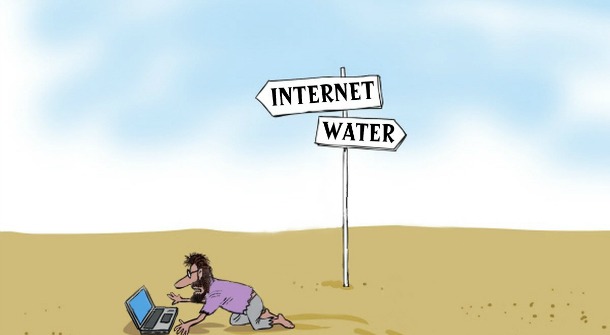The cut-throat competition, aggression and anonymity that characterise the urban landscape turn us into mindless reproducers of the social order. Our extreme indulgence with techno-gadgets have created an ambiance where we tend to value the virtual more than the real, where online communities are celebrated and real ones destructed.- in a milieu such as this the author explores a space where organic solidarity is still existent.
Aakash Ganguly is a Documentary Filmmaker and based in Mumbai, Maharashtra.
I remember spending a night in a humble tribal home in Chhattisgarh. This was located in one of the most remote locations and quite obviously it had remained far off from the imagination of the state. That night we did not have any electricity and lanterns illuminated the neighborhood, we did not have the usual music systems, televisions or the internet to keep us entertained and connected to the world outside. It was a night I would never afford to forget, for all the good things that it reintroduced my urban self to.

We did not have artificial stimulants and nor the luxury that we took for granted in our metropolitan cities- but we did have something that we could never imagine there despite the promise of affluence and grandeur. That night women and men sang together, there was sharing of food and sweet and despite the extreme poverty there was a sense of shared community living. I do not remember the last time I had a hearty conversation with my neighbor back in my apartment, I hardly knew the names of my milkman, the vegetable vendor or the grocer, I related little to the network of relationships that surrounded me.
Yes, once in a while there were office parties and social get-togethers, where for the most part we relied on alcohol, critiquing co-workers or spending exorbitant cash to keep us entertained. I would always keep glued to my smartphone and my social media profiles where the only places where I made ‘friends’, shared my ideas and interacted. That night, in the midst of technology-free living and almost in an age of the innocence, I discovered how happy and contented people could be even in their apparent poverty and lack of comforts. They talked, they shared, and they were there for each other- not in any virtual space but for real.

Perhaps those simple moments of life and laughter have disappeared from our lives so quickly because of our unrestrained use of techno-gadgets. We have not restrained ourselves to use a smartphone only when we most urgently need to make a call or send an email, rather it has become an extension of our bodies, a part we cannot separated from ourselves. All our communities have become virtual, and in real we find it difficult to relate to people, to strike a communication, to know and emphasis with the world that surrounds us.
What we ate in that humble home for dinner that night was no extraordinary looking food born from a glamorous chef’s kitchen- it smelled and looked ordinary, but it was after ages that I ate with people who were present in the moment and did not get distracted by their beeping smartphone notifications. I came back to the city and resumed my work; I was once again absorbed by the speed of the city and its constant restlessness. Even today when I have a moment of contemplation, I think of that unique night below the spectacular star studded sky in a humble home possessed by simple souls- it is there that I find my solace.
***
The New Leam has no external source of funding. For retaining its uniqueness, its high quality, its distinctive philosophy we wish to reduce the degree of dependence on corporate funding. We believe that if individuals like you come forward and SUPPORT THIS ENDEAVOR can make the magazine self-reliant in a very innovative way.









